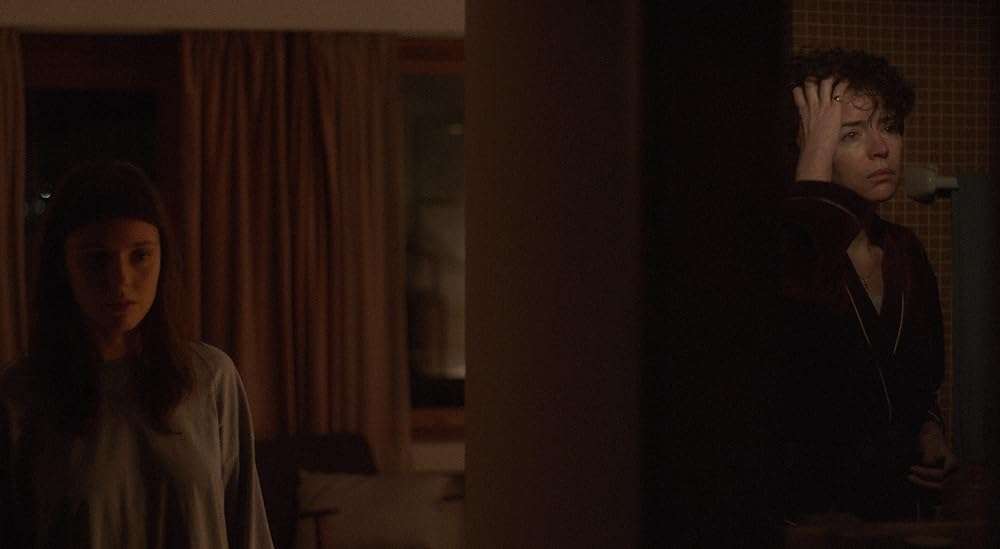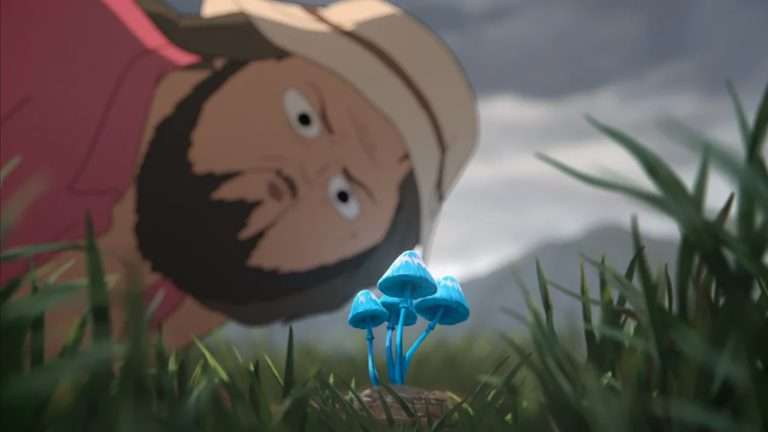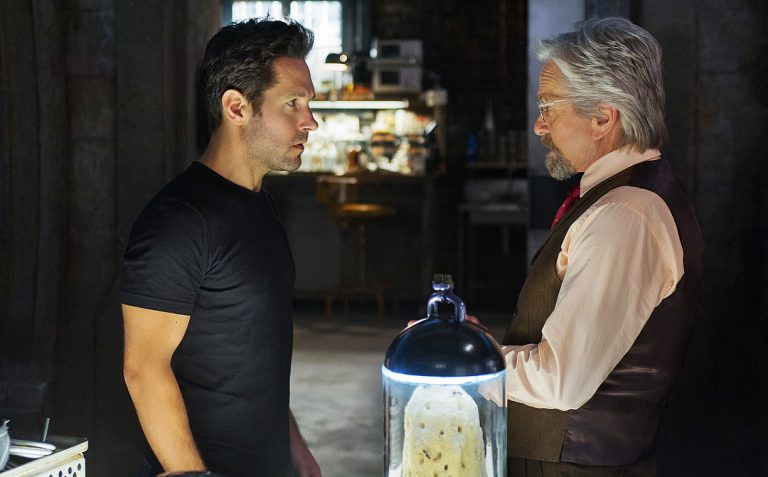Joao Canijo’s Bad Living (2023) is exactly the kind of film that has consciously and calculatedly primed itself for a sober inter-generational drama, which festivals have a knack for programming. Unsurprisingly, it scored a main competition slot at the Berlinale earlier this year and even scooped up a prize bestowed by the Kristen Stewart-led jury. However, prospective viewers be warned, this film really, really tests your patience. It is not that the film’s complete abdication of pace is its biggest crime, but its self-aggrandizing approach to the psychological portraits it seeks to sketch is unforgivingly tedious.
There’s a special group of bad films, one that’s utterly and arrogantly convinced of its own greatness; this film claims immediate membership. Set in a Portuguese hotel that is going through a rough patch, the film drones on and on about the fault lines that have wedged a family apart. There’s the old matriarch Sara (Rita Blanco), who owns the hotel and lives in it with her daughter, Piedade (Anabela Moreira).
There’s also Piedade’s sister, Raquel (Cleia Almeida), who waitresses and is in a relationship with the housekeeper, Angela (Vera Barreto). The film opens with the arrival of Piedade’s teenage daughter, Salome (Madalena Almeida), after the death of her father and Piedade’s presumably estranged husband. In the very first encounter between Salome and her mother, we sense a stiffness and discomfort between the two.
The tension is immediately palpable. The mother is almost not pleased that her daughter has shown up. Quickly, she recedes to her room. She reluctantly appears at dinner; in her daughter’s presence, she seems pushed to the edge. Put into a tight spot, she feels doubly judged. Her emotional understanding is also somewhat stunted. One of her first inquiries to her grief-stricken daughter is not about her mental state or how she is doing, instead poking her into being wary and cautious about inheritance money.
Piedade has to be nudged into being gentle and considerate, albeit, as the narrative unravels, we come to understand where her misplaced emotional reflexes stem from. The only anchor she has is her dog, Alma. In one scene, as Piedade and Salome sit on the sofa, the air thickens with unease; Salome’s unarticulated need for solace, to be held and comforted, couldn’t be stronger. She sidles close to her mother, near-envious of Alma, and for a brief while, Piedade does reach out. However, quickly, the two flinch and withdraw from one another.

The problem with the screenplay is its stubbornness in building extreme frostiness and ill will among all its characters but without ever caring enough to insert moments where we can gauge how this family has cracked apart so apparently irreparably. It is one thing to create characters borne down by an atmosphere of dourness. It is quite another when the interpersonal fractures seem so torn apart without giving viewers any inkling of how the conflicts worsened so severely. These characters are vicious to one another, and after a point, the bitterness starts to grate and niggle in all the wrong places instead of touching a raw nerve. Resentment is in full force throughout this film, with forgiveness never in sight.
Canijo’s screenplay passes off Piedade as deeply neurotic, who, as her mother puts it, “panics about panicking.” Sara complains to her granddaughter how Piedade always had a void in her heart that she couldn’t, and no one could fill despite lavishing love and attention on her. Piedade overhears this, her heart crumpling further. As Piedade accuses her mother of seeing only her weak points, denying her generous love, Sara also turns very harsh to her.
Still, the hideousness of these people isn’t compelling but nauseatingly tiring once the notes of conflict are established. The performances are earnest and investing, but ultimately, the strain under the weight of the irrepressibly dull, one-note writing begins to show. The film is ostensibly aiming for some psychologically complex drama, its determinedly morose tone becoming more and more airless and inert as its characters’ sole preoccupations seem to be lashing at each other with spectacular venomousness.
Shot by Leonor Teles that gives long-take sequences a bad name, the visual monotony leaches the film of any vigor. The camera largely tends to move from one face to the other in a frame, repeating this in a slow, back-and-forth manner that becomes unimaginative. Often, the camera is situated at such a remove and the scene wrapped in the darkness that it becomes difficult to even register who all are in the frame. All these techniques only serve to distance the viewer.
There is no respite, only unremitting viciousness on display. For all the posturing about the simmering inner worlds of its characters, who are all restlessly stewing in resentments, the sense of interiority evoked seems too constructed and sewn into the trappings of a drawn-out family drama.
There are also too forcefully planted glimpses into the interactions among the hotel’s guests, involving obviously mother-daughter pairs. All of these coalesce in making the film wooden and lifeless beneath the rich possibilities of its complicated, prickly characters. The film needed at least some measure of irony and wit to allow its character to evolve beyond a stock of irredeemable vileness. As the film winds up, it only reveals itself as utterly hollow, stripped of any power and flooded with exasperating exploitativeness. To reach that far requires a feat of endurance.



![Being the Ricardos [2021] Review: Aaron Sorkin’s movie is a Well-oiled Machine that is devoid Of any flair](https://79468c92.delivery.rocketcdn.me/wp-content/uploads/2021/12/Being-the-Ricardos-768x433.jpg)


![Lake Michigan Monster [2020] Review : Grab a tub of popcorn and let this movie lead you to a madcap journey](https://79468c92.delivery.rocketcdn.me/wp-content/uploads/2020/08/Lake-Michigan-Monster-768x432.jpg)
![Holler [2021] Review: A gritty drama about a resolute girl getting by](https://79468c92.delivery.rocketcdn.me/wp-content/uploads/2021/06/HOLLER-Still-1-768x528.jpg)
